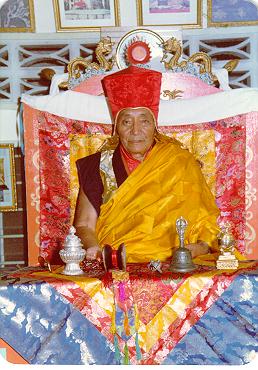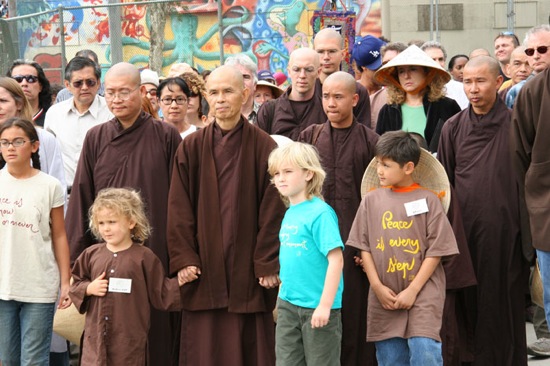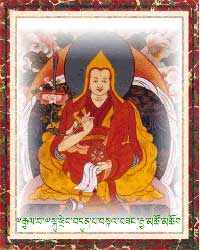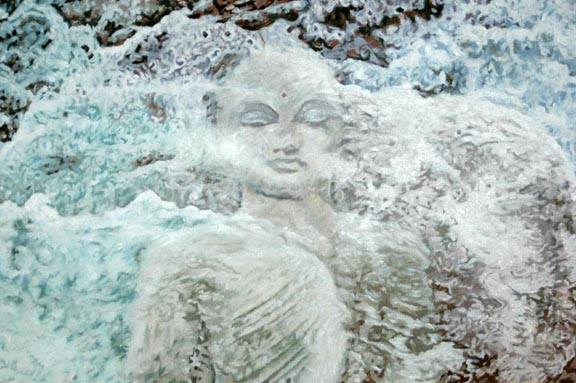
-
Dezhung Rinpoche Kunga Tanpa’i Nyima: Everything that we experience is simply appearance; it has no intrinsic reality, and when we come to understand this, then we understand buddha nature, and we have become free from suffering.
On Realization of the Nature of Mind by Dezhung Rinpoche Kunga Tanpa’i Nyima
When you come to approach the Dharma you should do so with the attitude that it is for the benefit of others; the concern should be for all sentient beings who have been your mother and father since beginingless time. Out of a concern to help them you are listening to the Dharma in order to become a buddha, for this is the one way in which you can truly help others. But when you listen to the Dharma you should be free from inattention, free from ill feeling or emotional disturbance and you should listen as one who is hoping for some kind of cure for an ailment which is with us intrinsically, all the time. When we listen to the Dharma we should be free from any sense of ordinariness; that is, we think no longer of this world of mundane cares, this world in which we live, but imagine that we are listening to the Dharma in the presence of a buddha whose resplendent form sits shining before us, that the place we are in is a beautiful meadow filled with light, with flowers, with fragrance in the air, that we ourselves are not in our corporeal forms, but that we are all in the form of enlightenment, the bodhisattva, that nothing is weighted down by tangibility, by substantiality, that everything appears, magic, fresh and breathtaking, like a clear dream. If with these ideas in mind we listen to the Dharma, we will understand it and apply it. Continue reading »





 In the language of India, Pratimoksha Sutra.
In the language of India, Pratimoksha Sutra.